
Authorities in the dual island nation of Trinidad and Tobago imposed a nationwide state of emergency on Monday following a spate of recent killings linked to gang violence.
The move followed what a local official dubbed an “outbreak of gang violence” over the weekend that saw multiple people shot dead in public areas. Authorities believe the brazen tit-for-tat shootings are between rival gangs seeking to expand territory in the capital city, Port of Spain.
More than 60 people have been murdered so far this month, bringing the total number of people killed in gun violence so far this year to 623 – the highest in more than a decade.
There is no doubt in my mind that we are dealing with an epidemic,” National Security Minister Fitzgerald Hinds told reporters at a news conference on Monday after the state of emergency was imposed.
The violence comes as the country gears up for tense elections between Prime Minister Keith Rowley’s People’s National Movement party, and the opposition United National Congress.
Advertisement
Separately, fellow Caribbean nation Haiti is also in the grips of brutal gang violence that has seen thousands killed this year. In November, aid organisations suspended operations in the country and the United Nations evacuated staff members.
Here’s what you need to know about the new rules and gang violence in Trinidad and Tobago:
What happened over the weekend?
At least seven men were shot dead by gunmen between Saturday and Monday across Port of Spain in one of the most intense bouts of violence the city has seen this year.
Gunmen armed with automatic rifles opened fire on a group of men standing close to the city’s Besson Street Police Station on Saturday, according to local newspaper Newsday. One person, believed to be a prominent gang member, was killed in that attack.
A day later, at least five people were killed in the city’s poor Laventille neighbourhood by gunmen in what authorities believe was in retaliation for the gang boss’s murder. Residents of Laventille told Newsday they believe only one of the men killed on Sunday was a gang member, and that others were likely innocent bystanders.
Residents told Newsday they were worried that reprisal attacks this week could lead to a bloodbath in their neighbourhood. Families of some of the slain men pleaded with the gang members to lay down their arms.
Why are there so many gangs in the country?
The island nation is a hotspot for organised crime and records one of the highest homicide rates in Latin America and across the Caribbean.
Advertisement
Police officials said they recorded 623 murders this year, in a country of just 1.5 million people. That’s the highest homicide rate recorded since 2013.
Authorities say many of those murders are linked to gangs, as well as a booming international drug trade. The dual island nation’s closeness to Venezuela, and its direct flight routes to Europe, the United States, and Canada make it a “prime location” for narcotics transshipment, according to the US Department of State.
In September 2023, US authorities partnered with Trinidadian security forces to nab notorious drug kingpin Shurlan Guppy who was operating on the island before extraditing him to the US where he faces several drug charges.
Analysts say there are more than 100 gangs in the islands, affecting residents’ daily lives. Local media reported that this weekend’s bout of violence was fuelled by an alliance between one of the capital city’s biggest gangs, Sixx, and several small groups, to wipe out the rival Seven group.
The bitter war between the two groups has continued for years and caused dozens of murders. The two have strongholds in different parts of Port of Spain and are now parlaying with smaller groups to wipe one another out. Both sides promised a ceasefire, negotiated by Trinidadian police in 2023 but that did not last long.
Authorities are worried about more attacks between the two gangs in the coming days, hence the state of emergency.
“The criminal gangs … are likely to immediately increase their brazen acts of violence in reprisal shootings on a scale so extensive that it threatens persons and will endanger public safety,” acting Attorney General Stuart Young told reporters on Monday.
Advertisement
What will happen under a state of emergency?
Authorities say there won’t be a curfew, but the new law will mean a much heavier police and military presence deployed on the capital’s streets and across the two islands.
Law enforcement agencies will also be able to conduct searches or arrests in public and private premises, as well as detain suspects for up to 48 hours without an arrest warrant. In the past, security agencies have blamed arrest laws for hampering investigations.
Despite the heightened tension, officials said schools, businesses and other activities, including upcoming New Year’s celebrations, will continue as planned.
In 2011, former Prime Minister Kamla Persad-Bissessar imposed a limited state of emergency and curfew in areas of the islands that were declared “crime hotspots”.

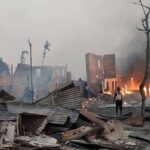
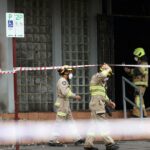

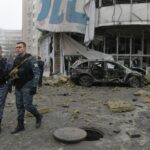
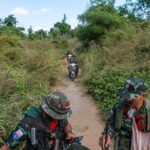
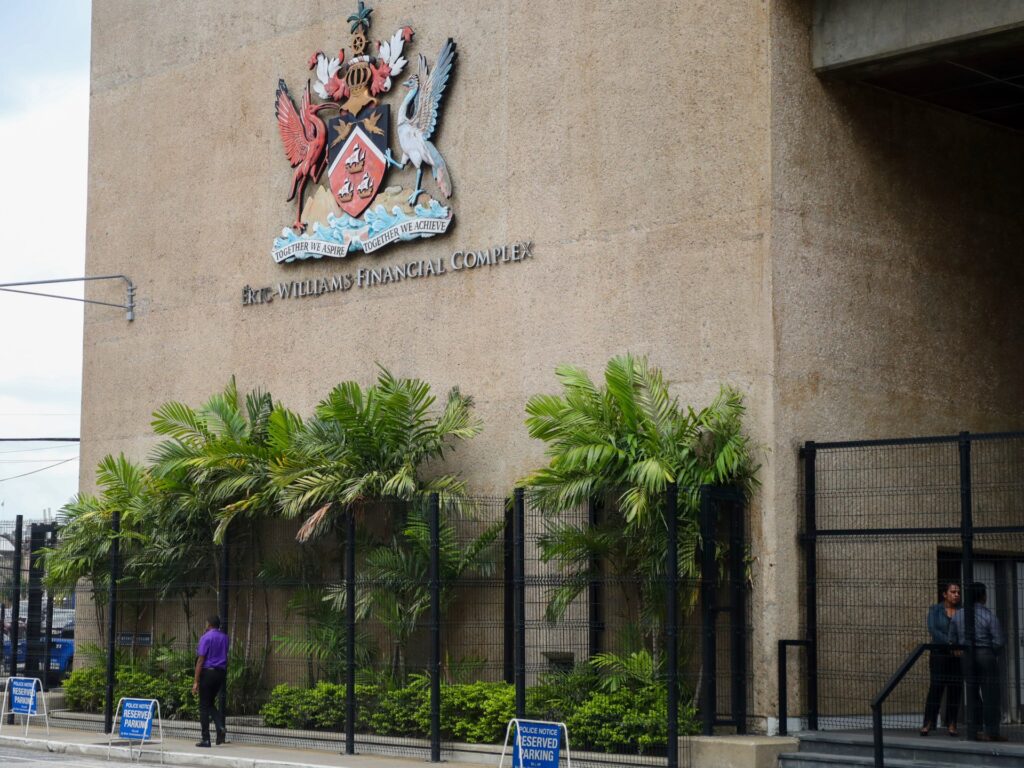
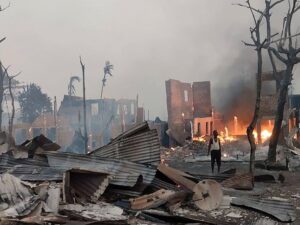
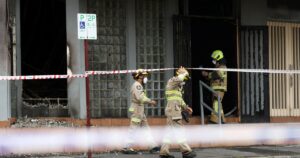

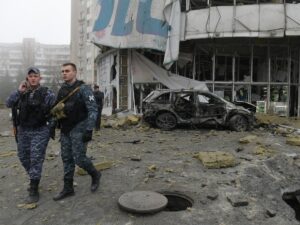
More Stories
Dozens killed in Myanmar military air attack in Rakhine State, UN says
Second synagogue in Sydney, Australia defaced with anti-Semitic graffiti
Why is India courting the Taliban now?